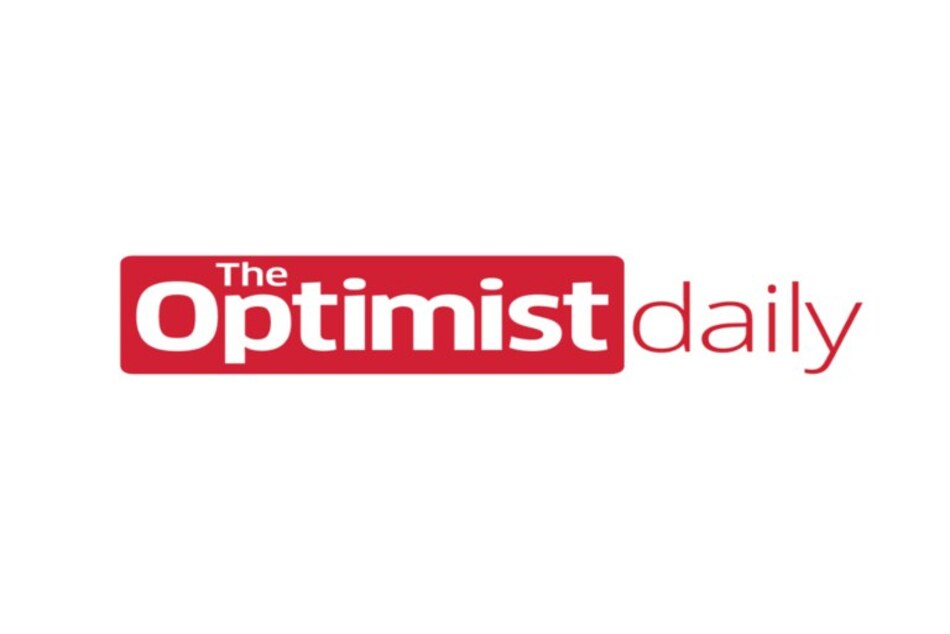As much as we like to think that the material we recycle makes its way back into the market as revitalized packaging, the reality is that US recycling systems are frustratingly inefficient. According to the Columbia Climate School, only 66 percent of discarded paper and cardboard, 27 percent of glass, and eight percent of plastics actually get recycled. The good news is that the state of Maine is trying to rectify this issue with innovative new recycling legislation.
A new policy, signed into law by governor Janet Mills this month, shifts recycling responsibility from consumers to producers by charging producers a fee for the amount of packaging they put into the market. Producers will also be responsible for 100 percent of the state’s recycling costs and receive incentives for reducing the amount of material used in their packaging.
Japan, South Korea, the EU, and several Canadian provinces have all enacted similar laws with great success. In Ireland, recycling rates for paper and plastic products rose from 19 percent in 2000 to 65 percent in 2017 after passing a producer-focused recycling bill.
Hopefully, the results of Maine’s new recycling experiment will inspire other states to follow suit and perhaps even influence federal recycling policies.
This story is part of our ‘Best of 2021’ series highlighting our top solutions from the year. Today we’re featuring policymaking solutions.











